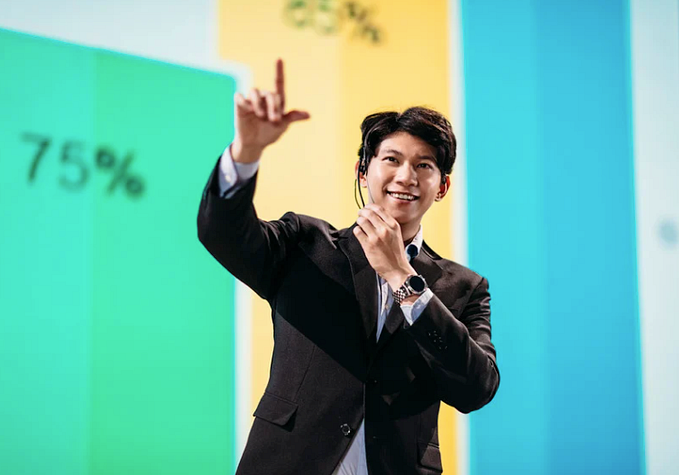Member-only story
The Personal Weaponisation of ChatGPT
The real power of language models like ChatGPT is not generating ideas; rather, it’s ability to reframe them.

“Nobody is an expert in any of this text generation stuff,” proclaimed the moderator, “simply by being here today and considering these concepts, you are all experts.” I couldn’t help but agree, but like anyone else in the room, I was eager to learn and understand how AI could be used to change our political landscape.
My insatiable appetite for all things GPT had drawn me to a digital political collage in East London- Newspeak House. The event was exploring the use of large language models like ChatGPT in shaping political campaigns, and I was eager to learn more.
However, what I experienced that day would leave me with an uneasy feeling, challenging my understanding of the power of AI in shaping our beliefs and opinions.
The moderator presented a slide showing a letter addressed to a Member of Parliament, imploring them to reconsider their anti-immigrant views for the betterment of the country. The challenge posed was simple: “How could we get an AI to respond to this letter?”
Dear British Politician,
I am writing to support increased immigration in the UK. Immigrants bring economic growth, address labour shortages, boost the population, promote cultural diversity and understanding, and provide safety and a better life for themselves and their families.
I hope you will consider these benefits and support increased immigration.
Sincerely, David
The moderator began by pasting the letter into ChatGPT and directing it to respond. The initial output was uninspiring and typical of my past encounters with these tools — text generated with the confidence of a 30-year-old penning a high school student essay. However, what happened next step astounded me.
The moderator opened another window and asked ChatGPT to generate a profile of who they thought the letter’s author might be. Eerily the output described a middle-aged man named David who was patriotic, well-educated, strongly resented inequality and read The Financial Times. It felt spot on; I could imagine…






